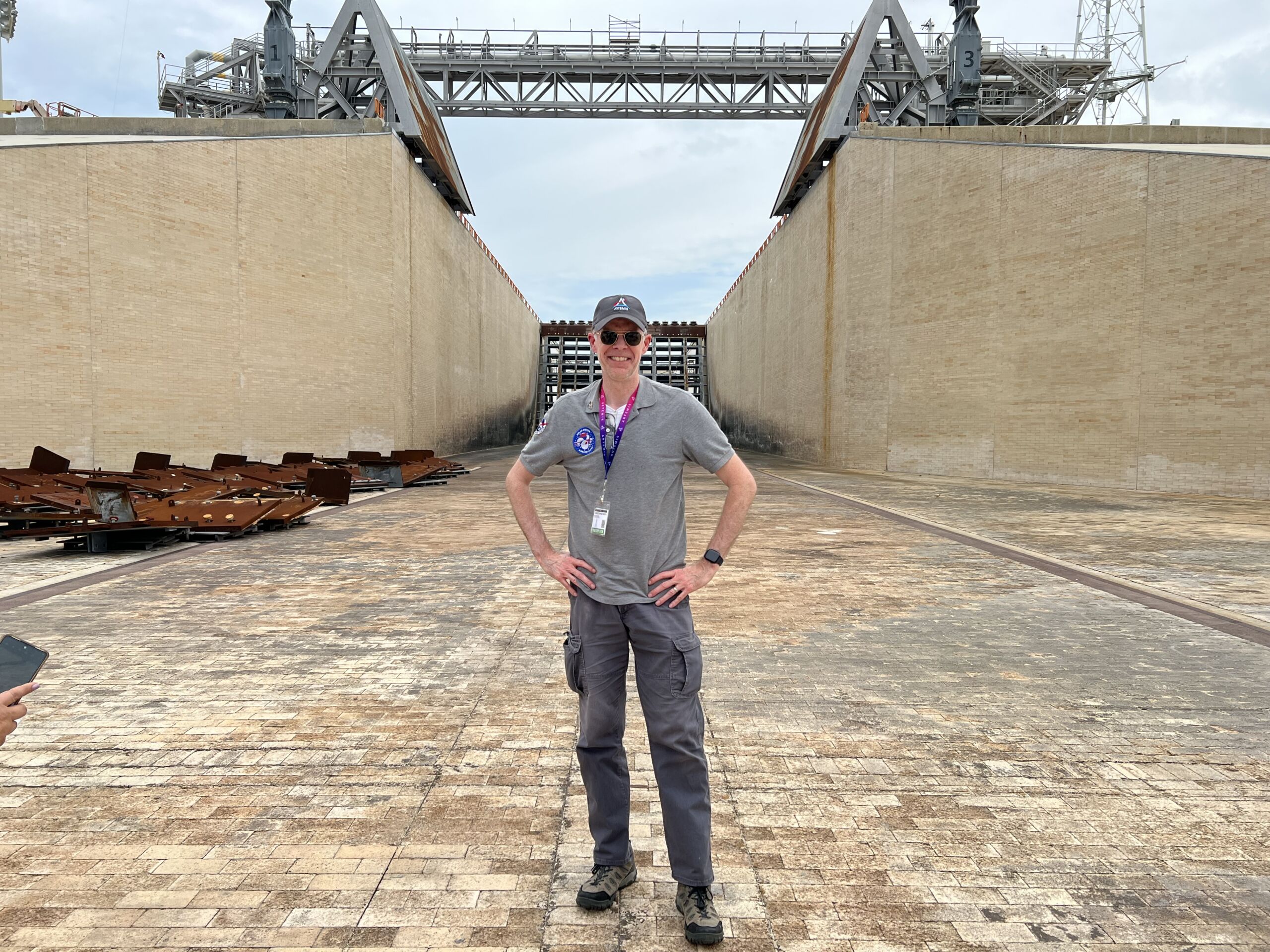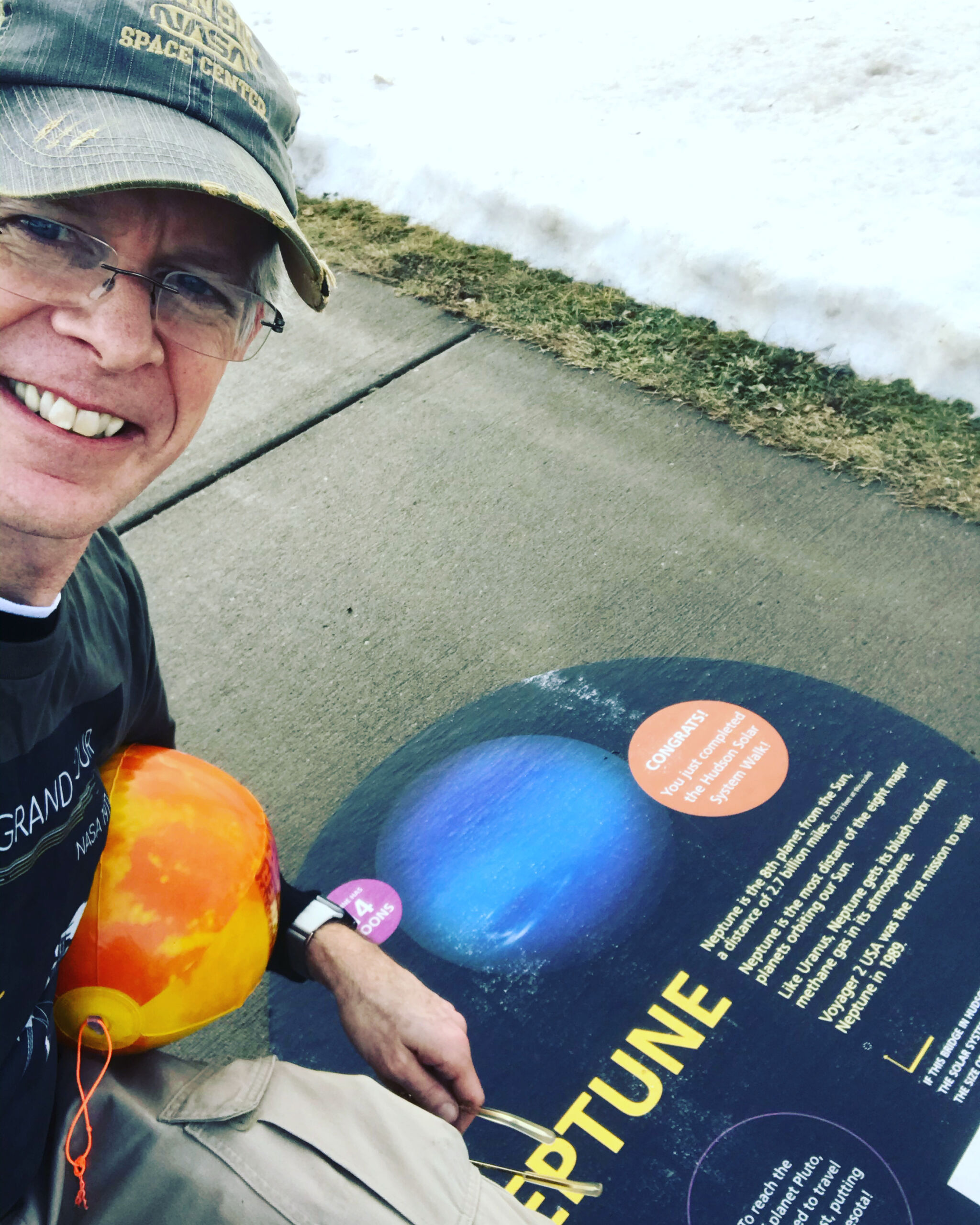2020 has not been the year anyone expected. In the first three months of the new year businesses were shuttered, schools closed, millions unemployed, and for libraries across the country, in-person programming ended. Community leaders at libraries and other organizations felt a desperate need to impact their communities in a relevant way. Libraries acknowledged the digital divide – moving WIFI routers to the front of their buildings for patrons in the parking lot, and even checking out WIFI hotspots. To continue programming, some libraries added Take & Make kits to food bank parcels. Others hosted virtual story-time through newly developed Facebook pages and Zoom accounts.
But many were still left with the question, was it enough? Were they duplicating efforts in their community? Were there other partners to collaborate with? What if there were members of the community that were missed?
Libraries conducted surveys and met with patrons to answer some of these questions. Others have taken the next step and began modifying Community Dialogues into a virtual setting. Community Dialogues are informal, flexible conversations between library staff, leaders in the local community, and key stakeholders. Pre-COVID they were a tool for libraries to reach diverse communities, develop new avenues for programming, or to gauge interest in a new topic – specifically STEM and STEAM. These in-person conversations have hosted everyone from the owner of the only restaurant in a small town to the state governor!
Now that the recent pandemic has upended how in-person meetings are conducted, moving to a virtual landscape can allow these conversations to still happen, but in a safe and responsible way. Below we list recommendations on how to conduct a virtual Community Dialogue for your community and library.
- We recommend you start by reading the Community Dialogue Guide as this will give the best understanding of flow and outcomes. Feel free to highlight anything that is relevant. We also encourage seeking out community leaders, both the ones you already have a relationship with and maybe a few you don’t. To quote Mr. Rogers, “Look for the helpers.” These are the people you should be inviting. And remember, your community sees you as a helper too! Regardless whether people are able to attend, always make sure to end the conversation with “Thank you for all your help. Is there someone else you think would want to be a part of this?” An important aim of these Dialogues is to build a strong network of “movers and shakers” in your communities.
- Once you have everything prepared and people are invited, give them an opportunity to meet beforehand through a Facebook group or learn about each other using a Google document that contains short bios of all the participants. This will save time during your Dialogue and also build comradery beforehand. We recommend using a service (such as Zoom or WebEx) that allows for video as well as audio and encourage all people to test their cameras prior to the meeting. To inspire conversation, each Dialogue should be limited to no more than 15 people (in-person Dialogues are more flexible). More than that and stronger voices may mute weaker ones and we want all voices to be heard equally.
- Finally, the most important aspect of any Community Dialogue, whether it is in-person or virtual, is to make sure there is follow up and action items. Before the Dialogue is over, assign specific tasks, identify next steps, and set a date for a follow-up conversation. Have each organization commit to one thing they can do and check in afterwards to see if assistance is needed or other needs arise.
By creating these relationships, libraries are positioning themselves as leaders who bring communities together in a time when they can’t see each other in person. By hosting a virtual Community Dialogue, libraries can continue the amazing work they already do in a way that protects themselves and their leaders while also finding ways to impact a wider swath of the population.
If you’d like to setup a free consultation for help planning your Dialogue contact Anne Holland (aholland@spacescience.org)




Leave A Comment